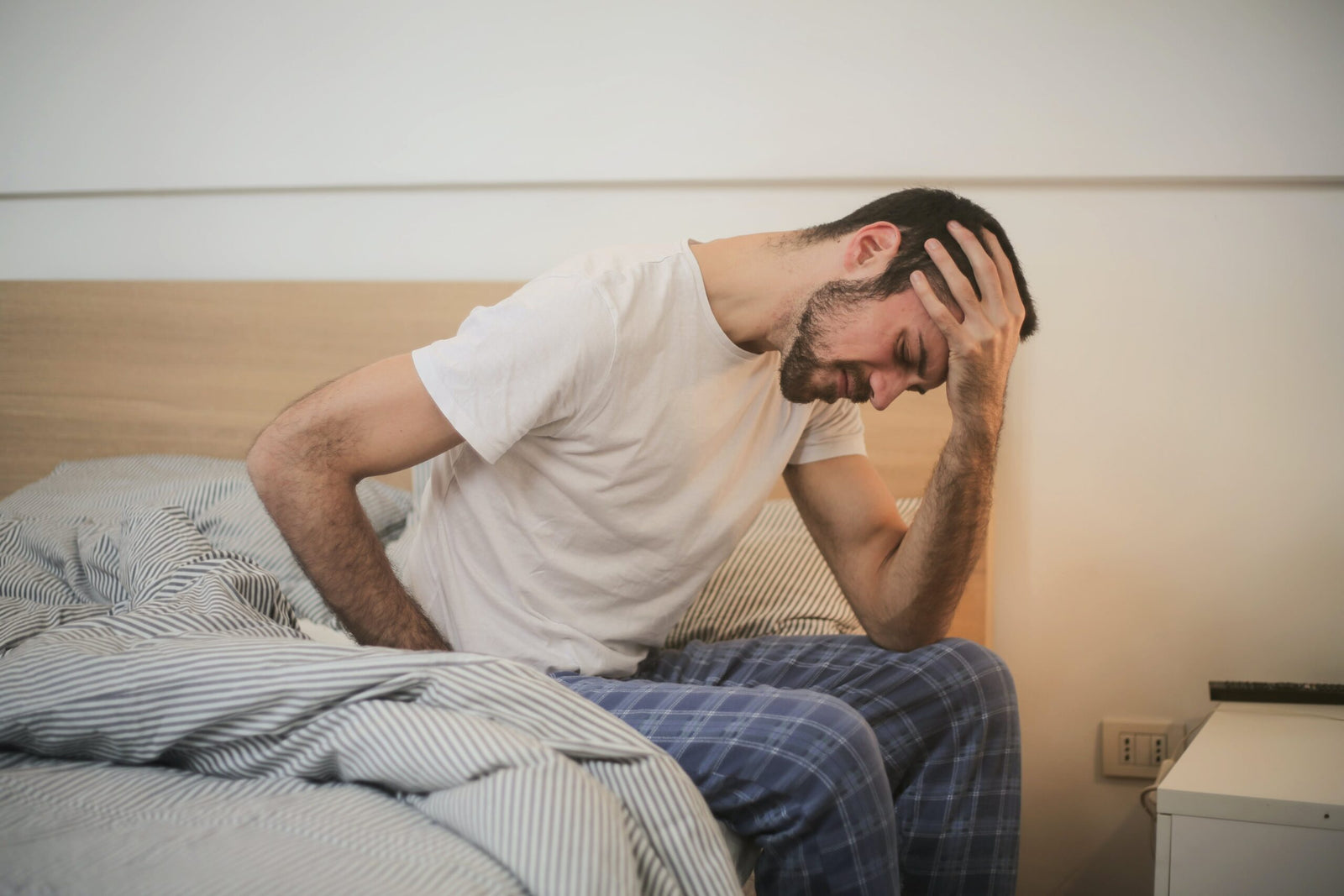
What! Losing sleep adds pounds?
More and more studies are pointing to lack of sleep as a significant factor in weight gain, citing obesity rates as high as 3–5 % among sleep deprived US adults. These individuals frequently develop insomnia and other sleep disorders such as OSA (Obstructive Sleep Apnea.) OSA causes the airway to partially or fully collapse. This creates breathing issues at night; perpetuating a cycle of sleep deprivation that leads to additional health risks including insulin resistance and diabetes. According to the National Sleep Foundation, if you're obese, you're 7 times more likely to develop Sleep Apnea. In short, if you're losing sleep, it's going to show up on the scale--as well as in how you feel.
Why losing sleep adds pounds
Inadequate sleep causes hormonal changes. This disrupts our metabolism by altering the way our bodies regulate the use and storage of fat. These changes then play out in a number of pound producing ways:
Increased food consumption…
- Increased Hunger: Because the hormones that control hunger are altered, sleep deprived individuals have shown increased levels of the appetite-stimulating hormone ghrelin and lower levels of the satiety-inducing hormone leptin. They also reported an increased appetite for foods rich in fat and carbs.
- More Time to Eat: We tend to snack more when we’re awake extra hours.
- Less Healthy Choices: Studies show eating out, irregular meal patterns and excessive snacking are more prevalent among individuals who sleep less than 6 hours per night.
Decreased physical activity…
- Lower Energy: When we don’t get enough sleep, we’re more tired during the day and tend to opt for passive activities like watching television over physical exercise.
Converting hours to pounds…
It doesn’t take long to register the effects of sleep deprivation on the weight scales. A University of Colorado research team has found that only one week of sleeping 5 hours a night resulted in test subjects gaining an average of 2 pounds. Happily, another study showed increasing sleep hours significantly reduced sugar intake by an impressive 10 grams.
But it’s not just the extra pounds…
Loss of sleep doesn’t just cause us to put on pounds—it’s also linked to both reduced muscle mass and muscle strength. Additionally, it may affect bone health by reducing bone density and inhibiting the production of new, strong bone.
The loss of strength and mass in muscles and bones affects everything from your posture to your flexibility. It can interfere with your ability to remain active through physical exercise and reduce your natural healing capacity after injury. And let’s face it, you don’t just want to look great—you want to feel great as well.
Look and feel your best with sleep's slimming benefits
Sleep is by no means the only factor in managing your weight, but it plays a major role, while also providing overall wellness support. Make sure you’re getting the 7-9 hours of sleep your body needs each night to keep you looking and feeling fit.

































